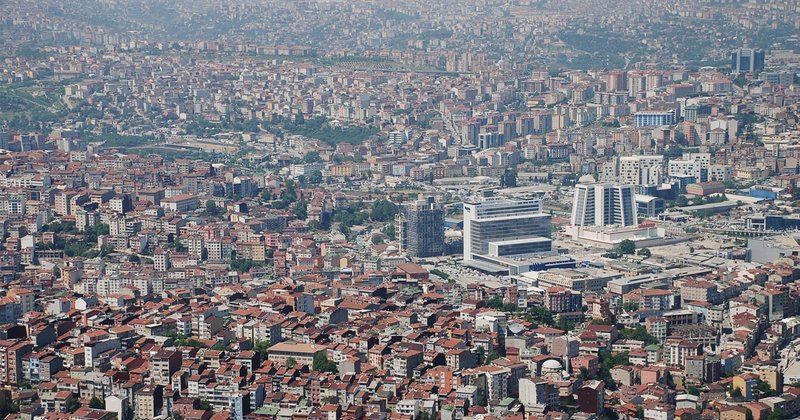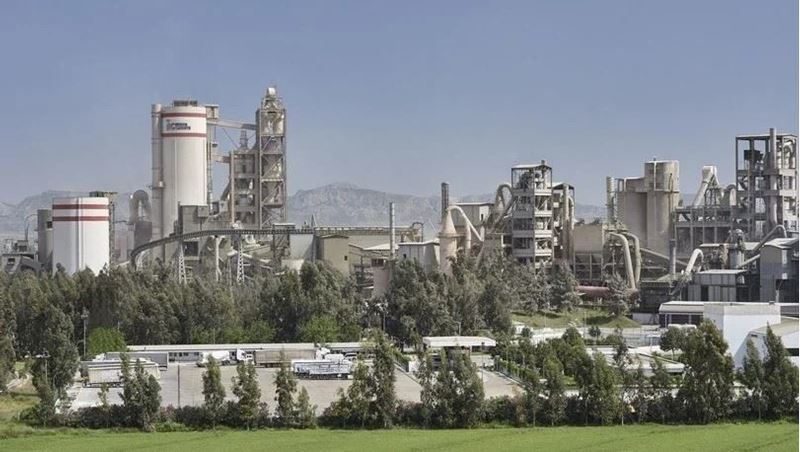According to the statement made by the Turkish Contractors Association (TMB), the Association has published the Construction Sector Analysis Report for the first quarter of 2023 in the construction sector.
The report titled "Election Process in the Pain of the Earthquake Disaster" included data on the global and national economy and the construction sector.
In the report, it was stated that the earthquakes in Kahramanmaraş, despite the painful experiences in the country, showed that adequate measures were not taken against earthquakes and that the prevalence of the production of non-durable buildings was revealed, and the following assessment was made:
"The resulting debris of approximately 230 million tons has been compared to the size of Mount Erciyes in terms of its size. Destroyed buildings and lost lives, urban planning that takes into account the risks of natural disasters and ground conditions, competent engineering, production in accordance with the project, and construction with the use of correct and high quality materials. demonstrates the vital importance of overseeing its activities.
"Zoning amnesty should be removed from the agenda"
The report, which included the determinations of the technical teams conducting investigations in the earthquake zone related to the structure damage, emphasized that the "Regulation on Classification and Record Keeping of Building Contractors", prepared for the classification of building contractors according to their economic, financial, professional and technical competencies in 2019, should be applied effectively and without compromise throughout the country.
In the report, it was emphasized that the control system mechanisms in the sector should be strengthened and the statement was used: "Acknowledging the fact that the responsibility is multilateral in the process, zoning amnesty and similar practices should be removed from the agenda of the country, on the contrary, the sanctions should be deterrent."
In the report, which pointed out the importance of making urban planning in the country in an earthquake-resistant manner, it was stated that effective urban transformation policies should be developed for high-risk building stock, to prevent illegal constructions relying on possible zoning amnesties.
In the report, it was emphasized that the decreasing purchasing power and the current inflationary environment are a major obstacle to access to credit for large segments of the society, and it was emphasized that even the need for urban transformation in Istanbul alone requires comprehensive financial solutions.
In the report, it was underlined that the construction sector has shrunk with the effect of domestic and foreign economic developments since the 2018-2019 period, and it was noted that the sector experienced a deeper contraction in 2022 than in 2020, when the Kovid-19 epidemic was experienced.
Indicating that there have been price increases of up to 150 percent in basic input costs in 2021 due to the effects of the epidemic and developments in the exchange rate, the report said, "With the global impact of the subsequent Russia-Ukraine War on raw material prices, it has been observed that this rate has exceeded 170 percent in 2022."
In the report, it was stated that in order for the construction sector to produce housing in line with the demand, the problems experienced by the sector in public projects should be eliminated.
In the report, which stated that after the earthquakes, housing sales decreased in cities that are considered risky, especially in Istanbul, the following was noted:
"Additionally, in the following days, it was observed that the industrial sector focused on the surrounding provinces that do not have earthquake risk in order to move their facilities. While the increase in the share of Ankara and İzmir from the total sales was remarkable, there was an acceleration in the decline in the sales of residences to foreigners."
Overseas activities
In the report, it was stated that as of the January-March period of this year, the Turkish construction industry undertook 52 projects worth 4.1 billion dollars abroad. It was shared that the size of the international project portfolio that the sector has reached since its opening to foreign markets is 477 billion dollars in total with 11 thousand 700 projects undertaken in 133 countries.
Emphasizing that the loss caused by the Russia-Ukraine War in Turkish overseas contracting services continues, the report included the following statements:
"Work towards Saudi Arabia, especially in the reopened Gulf market for Turkish contractors, gained momentum in the last quarter. A contracting committee visit was held to the country on 19-20 March 2023 under the chairmanship of Trade Minister Mehmet Muş and under the organization of TCA. Within the framework of the talks, Saudi Arabian Trade Minister Majid Bin Abdullah Al Qasabi stated that the Public Investment Fund aims to realize projects worth 40 billion dollars every year, and that there are opportunities to cooperate with Turkish contracting companies in many fields, especially in infrastructure and superstructure, tourism and housing.
In the report, it was stated that organizing a contracting delegation visit to Iraq was on the agenda.
The report stated that this year, the loss of momentum in the world economy and the cash deficit in countries are expected to limit global infrastructure investments.
"On the other hand, financing opportunities of international institutions for renewable energy investments have increased. With the war in European countries and with energy investments within the scope of the European Green Agreement, new opportunities may arise for the sector from renovation projects. European Union institutions, which have decided to reduce energy consumption by 11.7 percent until 2030, Within the scope of this step, at least 3 percent of the total area of the buildings belonging to public institutions is expected to be restored every year in the member countries.









Comments
No comment yet.